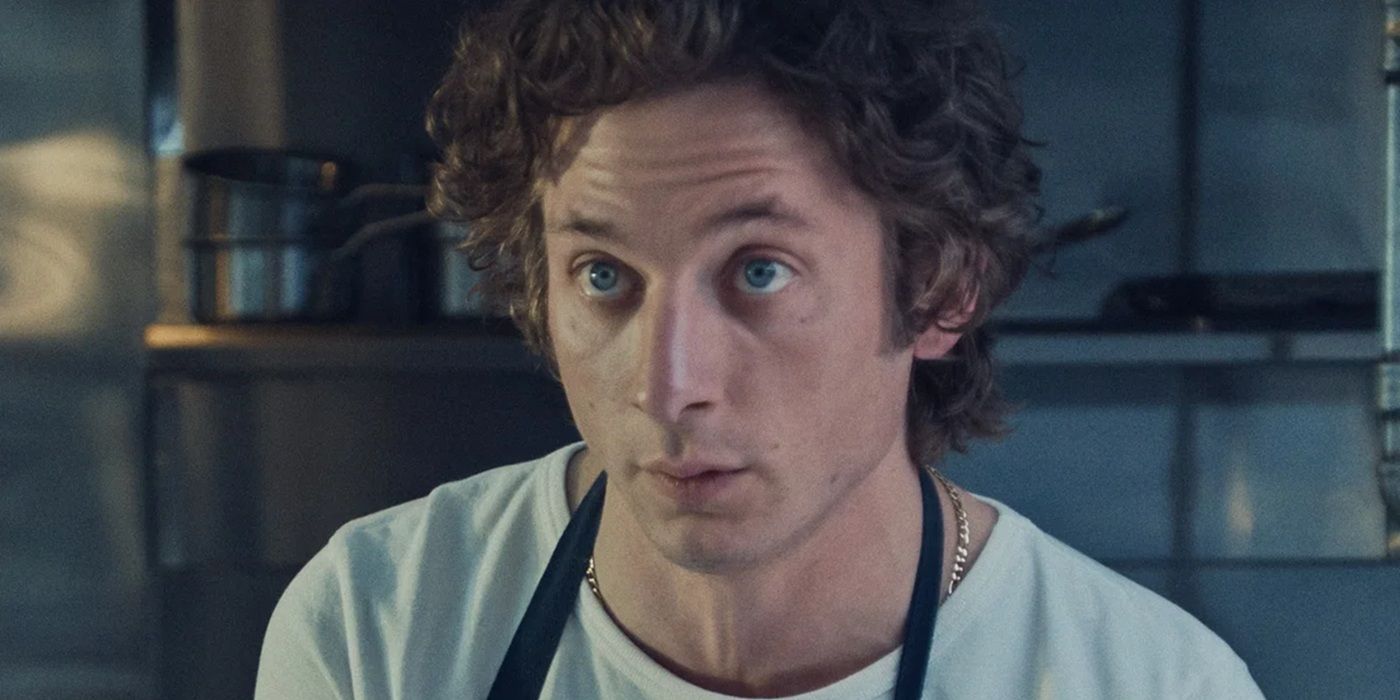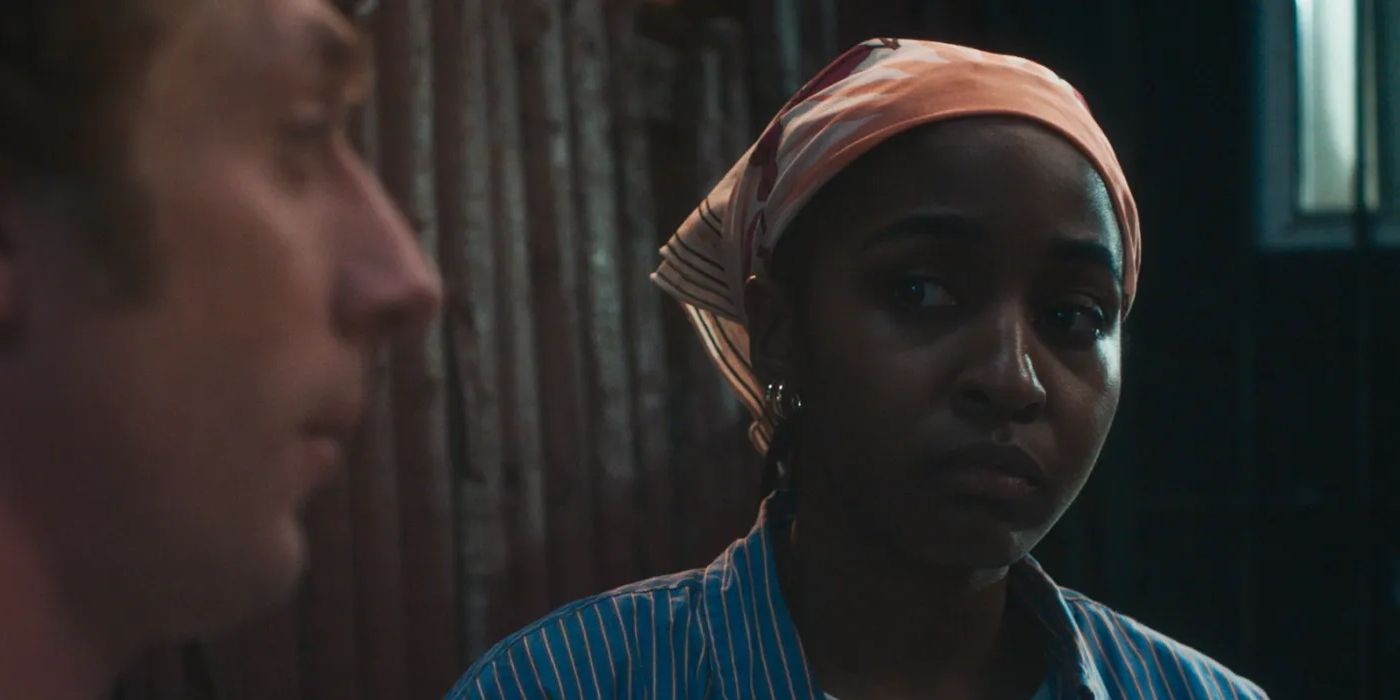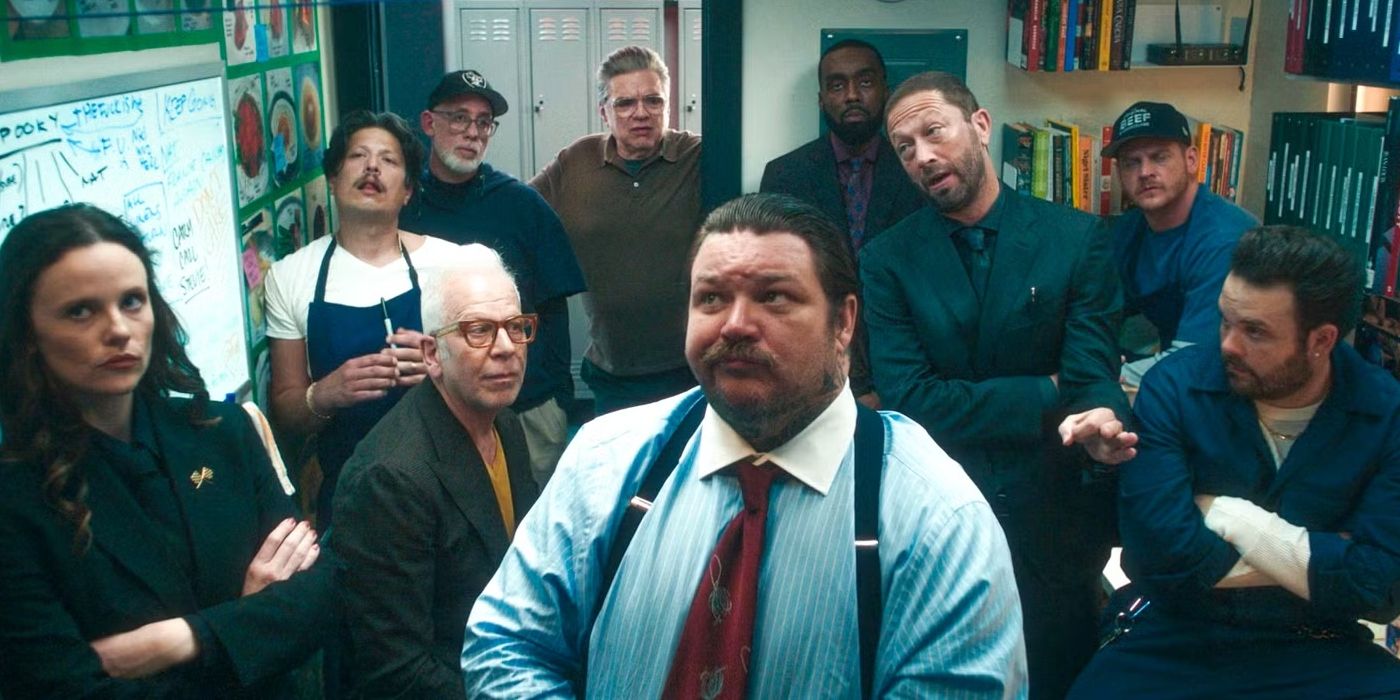
The popular TV series “The Bear,” which just released its fourth season and is set to debut a fifth, has gained significant attention, turning Jeremy Allen White, Ebon Moss-Bachrach, and Ayo Edebiri into household names. Despite being eagerly awaited each summer, its response has softened slightly since the tension-filled first season, as the show has transitioned to a more reflective and softer tone.
Though Carmy, Sydney, and The Bear’s extended family offer captivating events, there’s an ongoing concern that surfaced since the series debut, and it’s deeply rooted in the nature of television. The show consistently delves into the costs associated with achieving greatness, yet viewers remain unclear about what makes the main characters, the chefs, exceptional, even when other characters repeatedly emphasize this point.
What’s So Great About Carmy and Sydney, Anyway?

The Bear has delved deeply into understanding what fuels Carmy’s (White) and Sydney’s (Edebiri) intense dedication to their professions, as well as that of others. Yet, the series has faced challenges in portraying the outcomes of this relentless drive. For instance, Carmy found solace in his work after a chaotic family life and the tragic loss of his brother Mikey (Jon Bernthal), eventually rising to become one of America’s top chefs almost serendipitously. On the other hand, cooking for Sydney serves as a means to bridge the gap with the mother she lost at a young age, stemming from a profound love for nourishing others.
From my perspective as a captivated spectator, while the series does highlight their exceptional talent through dialogues, it seems more like a verbal testimony rather than a visual demonstration. Characters often praise Carmy and Sydney for their unparalleled skills in culinary artistry, and The Bear’s food is frequently described as extraordinary. However, as a viewer, I find myself yearning for a deeper connection to their brilliance beyond the testimonies of other characters and the somewhat generic portrayal of the dishes they create. This sentiment is especially strong when it comes to Carmy. Although he’s said to be one of the world’s finest chefs, his genius doesn’t seem to translate into a tangible experience for me, often limited to his relentless dedication.
A fascinating comparison is that of dessert chef Marcus (Lionel Boyce), a character who viewers have grown attached to as they’ve witnessed his transformation from crafting Italian beef rolls at The Beef to emerging as a promising rising star in the culinary world, with detours to Copenhagen and immersion in the teachings of the masters. Since the series has taken the effort to depict Marcus’s progression and his flourishing under Carmy’s guidance, his greatness seems more authentic and earned.
As a movie enthusiast, I firmly believe that a story should be more about showing and less about telling. It’s far more engaging when a narrative subtly reveals a character’s traits or emotions through their actions and expressions, rather than blatantly explaining them to the audience. Regrettably, in portraying Carmy and Sydney’s brilliance, this series seems to have been predominantly confined within the realm of “telling,” rather than effectively “showing.
The Challenges of the Medium

A significant aspect of this is a problem inherent in the series as a television production: it’s extremely hard to communicate the sensation of delicious food when viewers can’t actually taste or smell it for themselves. Since television is primarily an audio-visual medium, dishes like those at The Bear might appear visually appealing, but they don’t seem significantly different from what one would expect from any other fine dining dish. Unfortunately, without the ability to savor or sniff these dishes, there’s no way to fully grasp why they are exceptional compared to others. Of course, the talented team behind The Bear can only do so much about this, until technology like Smell-o-Vision makes a comeback.
Representing greatness can be tricky, no matter the medium, as it’s often hard for both the characters and the audience to fully grasp its significance. This is a challenge often faced by biographical films, where characters are in awe of the central figure while viewers might find themselves puzzled about the acclaim. However, unlike biopics, The Bear doesn’t have characters that are widely recognized as significant figures. Moreover, since the series takes place in the world of cuisine, which heavily relies on taste and smell, it can feel challenging to communicate the characters’ greatness other than by telling viewers about it directly.
It’s evident that the series was meticulously crafted with a dedication to authenticity, benefiting from the presence of professional chefs such as Courtney Storer and Matty Matheson behind the scenes. The show’s visuals are just as polished and exacting as the central restaurant itself. However, after four seasons, it’s challenging not to yearn for more of that careful craftsmanship in exploring what makes the two main characters exceptional at their jobs. This exploration extends beyond their backstories and challenges they faced to truly highlight their greatness.
Read More
- Who Is Harley Wallace? The Heartbreaking Truth Behind Bring Her Back’s Dedication
- Basketball Zero Boombox & Music ID Codes – Roblox
- 50 Ankle Break & Score Sound ID Codes for Basketball Zero
- TikToker goes viral with world’s “most expensive” 24k gold Labubu
- 100 Most-Watched TV Series of 2024-25 Across Streaming, Broadcast and Cable: ‘Squid Game’ Leads This Season’s Rankers
- Revisiting Peter Jackson’s Epic Monster Masterpiece: King Kong’s Lasting Impact on Cinema
- 50 Goal Sound ID Codes for Blue Lock Rivals
- League of Legends MSI 2025: Full schedule, qualified teams & more
- KFC launches “Kentucky Fried Comeback” with free chicken and new menu item
- Gaming’s Hilarious Roast of “Fake News” and Propaganda
2025-07-05 01:02